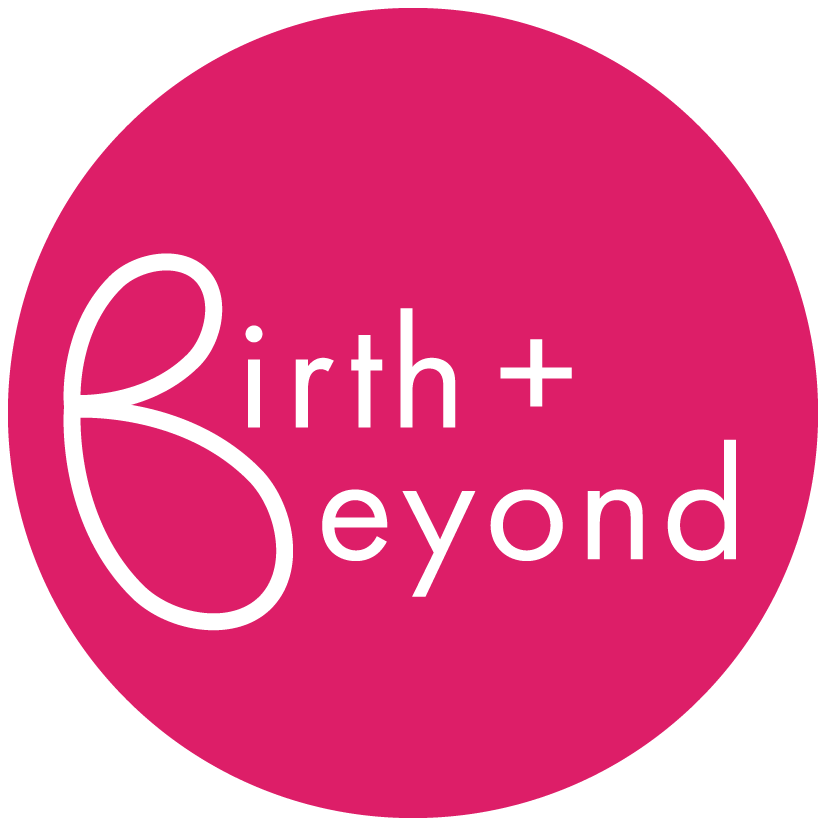Do you like stories?
We use stories to make sense of the world and our place in it. We use stories to explain concepts and sell things. We use stories to remind ourselves of things and to hold information. We use them to inform, instruct and entertain.
The psychoanalyst Bruno Bettelheim wrote about 'The Uses of Enchantment' to describe how telling children stories helps them to make meaning of their emotions and the world around them.
And one of the reasons we like stories is because they help us understand things. To understand WHY things happen.
To understand why people behave the way they do. To understand why we feel the way we feel.
And the thing is, when your story tells you that you should feel or act one way, and you feel or act another way, that can be very distressing. The psychological term ‘cognitive dissonance’, describes this discomfort, as we try to make our feelings/ actions align with our beliefs.
One of the ways that we try to do this, especially in the vulnerable time of new motherhood, is to try to make our feelings or actions fit with how we believe we should feel or act. We might absorb those beliefs from experts, family, friends, or even role models from way back when.
Often people come to me when they find they just can't manage the strain of trying to do that. Their feelings just won't 'behave' or they find themselves distressed by their behaviour. And one of the things that we often do together is to look at their beliefs.
Which brings me back to the why...
Because sometimes it is easy to spot where beliefs come from, and sometimes they can be tricky to pin down, possibly because they are from way back or are an amalgamation of lots of different voices.
However, often when people do discover the 'why', that's when they start feeling more accepting of their feelings and also more able to make changes if they need to.
One of the ways of looking at counselling is as a story writing exercise, where you are teasing out your story and organising the different themes and dramas. By stepping out of your story and looking at it from different angles, it gives you greater insight into who you are now and why you feel and think and behave the ways you do.
And when you have a satisfying understanding of why you are the way you are and why you feel the way you do, that allows you more control to make choices. So, for example, if you realise that the reason why you don't like large groups of women you don't know is because you were bullied at school by a gang of girls and so you don't feel safe in groups like that, then you might understand more why you don't really want to go to mother and baby groups where you don't know anyone as it activates these old feelings of feeling unsafe.
Once you know that, it might feel easier to accept your feelings and decide what you want to do - maybe you only go to groups where you have a pal, or maybe you go to smaller events with more structure, or maybe you find groups online that feel less intimidating... who knows, the possibilities open up.
So I'm a big fan of stories, because the stories you tell yourself are really important.
If you'd like some help making sense of your story, or just feel as though you need to figure out a few 'why's, I really do think that counselling support can be massively helpful. If you'd like to get in touch and see if I might be a good counsellor for you, then please do get in touch.
if you liked this, you might enjoy reading these:

